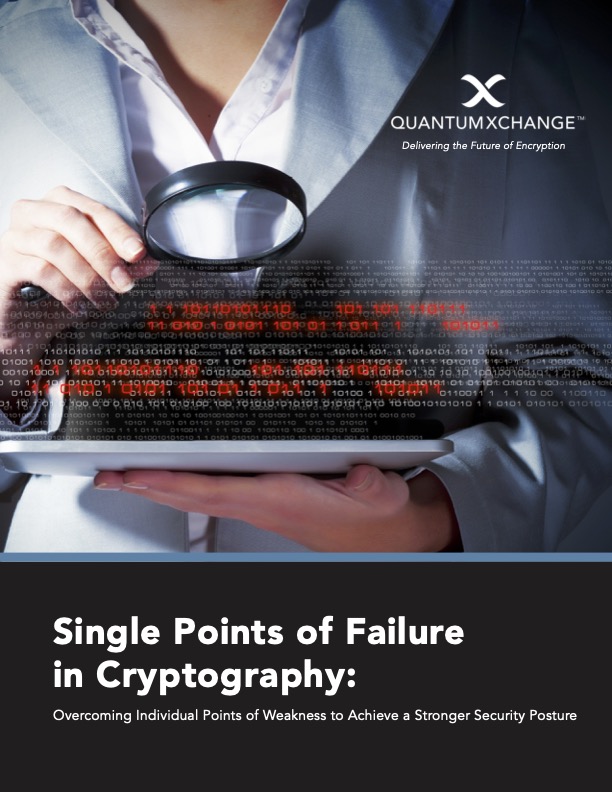Several months ago, at the start of the global pandemic, Quantum Xchange had the opportunity to work closely with Retired Rear Admiral Jay Cohen on a contributed Q&A intended for a now debunk Axios column. We feel the content is still very much relevant and compelling. With his permission we’ve published the piece in its entirety below.
The Pandemic Reveals the Need for Ultra-Secure Remote Worksite Communications to Keep National Security Intact. Could Quantum Crypto Be the Answer?
When the NSA issued security guidance for video conferencing and online collaborative tools recently, it indicated that our nation’s critical national-security personnel may need to rely on remote work for an indefinite timeframe. Critical communications must be kept from prying eyes if the United States is to prevail. It is imperative that combat operations, intellectual property, commerce/financial, infrastructure and healthcare information that empowers our society are protected.
The big picture: We should enable the necessary number of people who can work from home during COVID-19. While remote work is effective, a core group at the NSA, CIA, military intelligence, and other agencies must be physically present to access real-time sensitive/classified information – potentially risking their own health as well as the health of other key personnel. The strongest forms of encryption available today — based on quantum physics, not mathematical algorithms — can make even the most sensitive communications “hack proof.” Before critical compromises occur, we need to deploy quantum encryption across our government to protect our people and national security.
Reality check: In 1999/2000, I was responsible for the Department of the Navy Y2K remediation efforts to ensure the Navy and Marine Corps could perform their security mission seamlessly as the clocks rolled over to 2000. In that role, and subsequently the Department of Homeland Security roles that followed, I realized that nation states and sophisticated criminal actors with strong enough computers and time can crack encryption algorithms. Our toughest encryption methods protecting vital communications are threatened by advancements in quantum computing. Today, our adversaries are currently stealing encrypted data and stockpiling it for the time when they can use quantum computing to decrypt it (for example, the 2015 OPM hack).
The bottom line: The Covid-19 pandemic is a wake-up call. The government needs remote work options for those in the most sensitive positions equipped with the highest form of secure and reliable communications available today. U.S. intelligence agencies should continue to be leaders in deploying next-generation, unbreakable encryption. Such encryption should be ruled by the laws of quantum mechanics, such as Quantum Key Distribution (QKD), to ensure that those at the highest levels of government, sworn to protect our country, can do their jobs safely and securely during crises with the most reliable, ultra-secure, and hack-proof method of encryption available.
What’s next: Enabling remote work capabilities for national security personnel and activities with secure, reliable, failsafe, quantum encryption.
The Honorable Jay M. Cohen is a retired Rear Admiral of the United States Navy and former Under Secretary of Homeland Security for Science and Technology at the U.S. Department of Homeland Security. In the private sector he offers security and risk management advisory services to established companies and pro bono counsel to startups like Quantum Xchange.


